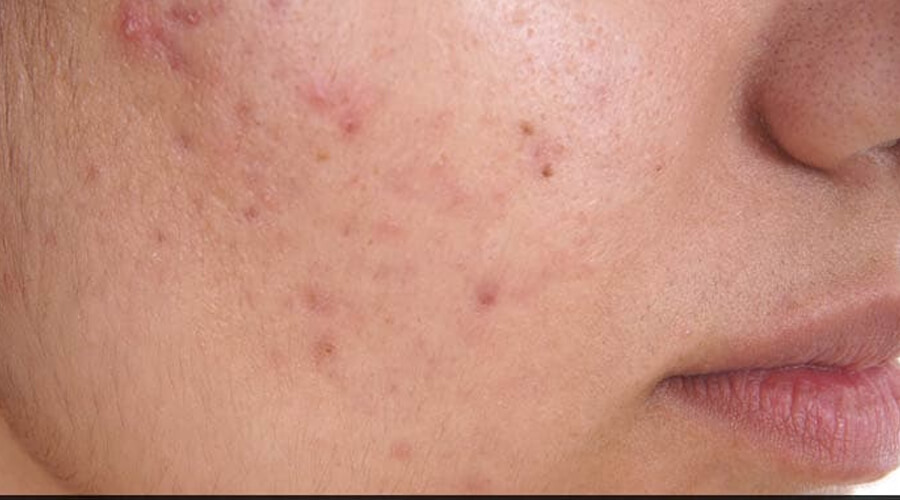
During pregnancy, a woman goes through many changes. From change in size of the body to skin the changes are endless. After giving birth to the child, a mother may experience some skin conditions. Read here to know the different skin condition and how to deal with them.
Pregnancy, a nine months period is the most beautiful phase for a mother. It is associated with complex and significant changes. Not just body changes, pregnancy also affects a woman’s skin. These significant changes are caused mainly due to complex endocrinological, immunological, metabolic, and vascular changes that occur during pregnancy. About 90 % of women in one form or the other undergo postpartum skin conditions varying from cystic, flakes and blotchy veins. The process of bringing a new life into the world is emotionally and physically demanding and a woman goes through a lot of physical changes. Your skin and hair, in particular, witnesses immense changes during pregnancy and post-pregnancy as well. The wait to getting back to normal seems like a far-fetched dream.
Maintaining one’s complexion post pregnancy can be challenging but the good news is that these changes are not permanent. With the most effective measures and little care, you can go back to your beautiful skin. Let’s look at some of the common problems that a woman may experience after pregnancy and proper diet and a balanced lifestyle can help you restore your flawless skin.
Skin conditions after pregnancy
- Melasma: A skin condition which is also known as ‘mask of pregnancy’ is caused due to elevated estrogen and progesterone levels. This combination leads to darkening of the skin. Hyperpigmentation usually occurs around the cheeks, forehead, eyes and at times around the mouth. Melasma can worsen if exposed to sun. To avoid the discolouration a generous use of sunscreen during pregnancy can help combat this condition to an extent. The secretion of hormones increases skin pigmentation.
- Hormonal acne: Fluctuations between hormones estrogen and progesterone lead to increased sebum production and clogged pores. It usually affects the neck and lower part of the face. Acne can vary between mild to severe and can also result in painful red spots. Usually, they disappear within a few months but in some cases, breakouts may linger. Not all women develop acne during pregnancy. Some women may experience better skin than before. It is always advised not to go in for self-medication during pregnancy, a standard acne treatment that is given during non-pregnancy stage can be extremely harmful to the growing foetus. Always consult your gynaecologist before starting any medication.
- Facial spider veins: Due to an increased level of estrogen, the blood vessels tend to dilate and this leads to a spider-like effect of the veins during pregnancy. Usually, the facial spider veins will settle post-delivery
- Dry Skin: Dehydration affects the skin more during pregnancy making the skin dry. Hence, it is very important to keep yourself hydrated. You can also drink coconut water on a regular basis.
It is best to follow proper skin care routine along with your overall health during pregnancy. In case, rashes appear it is best to consult a doctor and not to self-treat.
Author: Dr. Anagha Karkhanis, Senior Gynaecologist and Infertility Specialist and Director of Cocoon Fertility
Source: doctor.ndtv.com
Photo Credit: iStock


